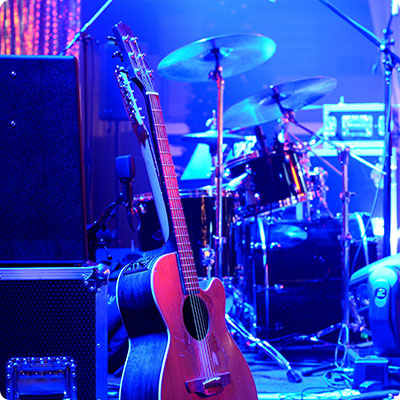
On the benches of the school
With the exception of private schools, attended by a minority of Canadians, education in the provincial or territorial public system is free for primary and secondary schooling, generally up to the age of 17. Throughout Canada, secondary school lasts six years, while in Quebec, it ends after five. After that, students or their parents are responsible for paying the costs, which vary according to the program of study and the type of school.
Higher (post-secondary) education is fairly uniform across the country, with the exception of Quebec and its compulsory college system, the Cégep. The latter offers technical training (three years, direct access to the job market) and pre-university programs (two years). Both lead to a Diploma of Collegial Studies (DEC), which is required for further study at university. In the rest of Canada, it's the two-year community or university college that bridges the gap between high school and university. However, it is possible to go directly to a university bachelor's degree after high school, which lasts four years.
The phenomenon of dropping out or dropping out of school is not independent of the fact that many students have to pay for their own post-secondary education. For some students who have to work while pursuing their studies, the easy money they earn at work may seem more rewarding than a university degree. The cost of a university education varies from province to province, but remains well below that of American universities.
At work
As of June 2024, Canada's working population (aged 15 and over) stood at around 22 million, with an unemployment rate of 6.4%. However, with an aging population and a low birth rate, the country is facing labor shortages in certain specific fields. As a result, many jobs in information technology, industry, education and healthcare, for example, are looking for takers. Entrepreneurship is also strongly encouraged, with tax incentives, subsidies, start-up support and growth management. Economic immigration is part of the solution, and all means are used to attract potential candidates to settle in Canada, particularly Francophones, in order to maintain and even increase the pool of this population within Francophone minority communities.
Unions and births
The Canadian government redefined the concept of family during the last mandate of Prime Minister Jean Chrétien. In 2000, based on the Canadian Charter of Rights and Freedoms, Parliament extended the obligations and benefits of couples to all couples, including same-sex couples. In short, cohabitants, whether same-sex or not, have the same rights as married spouses. A large majority of them are therefore living in common-law relationships, while the institution of marriage is in decline.
This openness was confirmed in June 2005 when the federal government legislated same-sex marriage with the Civil Marriage Act. However, when this legislation was passed, same-sex marriage was already legal in most provinces and territories, following decisions by their respective Courts of Appeal between 2003 and 2005.
As for the birth rate, it has been declining since the historical peak of the baby boom in the 1950s. It now stands at about 10 children per 1,000 population, a level that has been fairly stable in recent years. However, the growth rate is four times higher in Aboriginal communities.
Sexual diversity
Lesbian, gay, bisexual, transgender, queer and Two-Spirit (LGBTQ2) people are protected from discrimination and harassment based on sex, sexual orientation or gender identity or expression. These rights are protected by the Canadian Charter of Rights and Freedoms, the Canadian Human Rights Act, and specific provincial and territorial legislation. Canada is also one of the few countries in the world to allow same-sex marriage, and has done so since 2005.
Several major Canadian cities have their own gay village: Vancouver (Davie Village), Edmonton (Jasper Avenue), Winnipeg (Osborne Village), Toronto (The Village or Church-Wellesley) or Montreal (Le Village).
Rights and freedoms
The Canadian Charter of Rights and Freedoms, which has been part of Canada's Constitution since the Constitution Act, 1982, protects the country's free and democratic society. These rights and freedoms are considered essential and are protected and recognized for Canadian citizens as well as for permanent residents and newcomers: freedom of expression, right to vote, freedom of conscience and religion, right to equality for all, rights of the Aboriginal peoples, right of the French and English linguistic minorities to an education in their language, etc. A visit to the Canadian Museum for Human Rights in Winnipeg, Manitoba is recommended.
Legalization of cannabis
On October 17, 2018, Canada became the second country in the world - after Uruguay in 2013 - to legalize and regulate the recreational use of cannabis. Three years after his election, Prime Minister Justin Trudeau has thus implemented one of his most symbolic election promises. However, the implementation of the law has raised many questions and problems, as each province, territory, city and municipality has enacted its own rules. To find out more about current legislation and points of sale: canada.ca/en/sante-canada/services/drogues-medicaments/cannabis.html
It's also worth noting that some provinces have even decriminalized possession of small quantities of hard drugs. The idea may sound good on paper, but it's causing a lot of problems on the ground, and meeting with a lot of opposition from the general public.

















